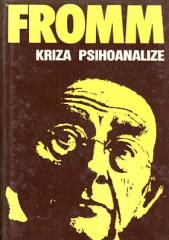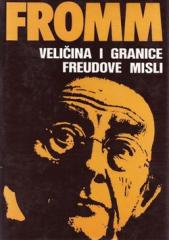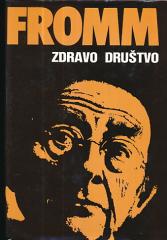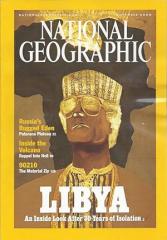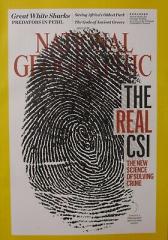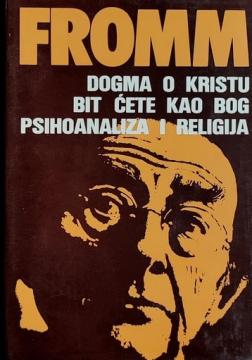
Dogma o Kristu / Bit ćete kao Bog / Psihoanaliza i religija
In diesen Werken untersucht Fromm Religion als psychologisches und soziales Phänomen. Er kritisiert autoritäre Religionen und befürwortet einen humanistischen Glaubensansatz, der Freiheit, Wachstum und innere Verantwortung fördert.
Dogma Christi In dieser Arbeit analysiert Fromm den frühchristlichen Text, der als Dogma Christi bekannt ist, und betrachtet ihn aus soziopsychologischer und marxistischer Sicht. Er argumentiert, dass die frühen Christen nicht nur eine religiöse Bewegung, sondern auch eine soziale Bewegung der Unterdrückten waren. Christus ist ein Symbol der Hoffnung, der Befreiung und der Gleichheit, während in der späteren Entwicklung der Kirche – durch Institutionalisierung und Dogmatisierung – der revolutionäre Geist des Evangeliums verloren geht. Fromm glaubt, dass die ursprüngliche Botschaft Jesu radikal und humanistisch war, im Laufe der Geschichte jedoch in ein Mittel der Kontrolle umgewandelt wurde und so die wahre Kraft der geistigen Freiheit unterdrückt wurde.
Du wirst wie Gott sein Der Titel dieses Buches bezieht sich auf einen Bibelsatz aus der Genesis. Mit diesem Satz entwickelt Fromm die These, dass religiöses Denken befreiend und nicht repressiv sein kann. Er analysiert die jüdische und christliche Theologie und hebt den Unterschied zwischen der autoritären und der humanistischen Herangehensweise an Gott hervor. In der humanistischen Religion ist Gott keine externe Autorität, sondern ein Symbol des höchsten menschlichen Potenzials. Menschliche Reife liegt in der Selbstentwicklung, moralischen Autonomie und Verantwortung, nicht im blinden Gehorsam. Das Ziel des spirituellen Weges ist es, ein freies und vollständiges Wesen zu werden – „wie Gott“, aber ohne Arroganz, sondern mit Liebe und Bewusstsein.
Im Angebot sind keine Exemplare vorhanden
Das letzte Exemplar wurde kürzlich verkauft.
